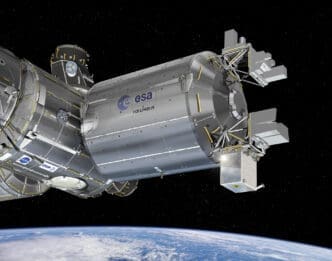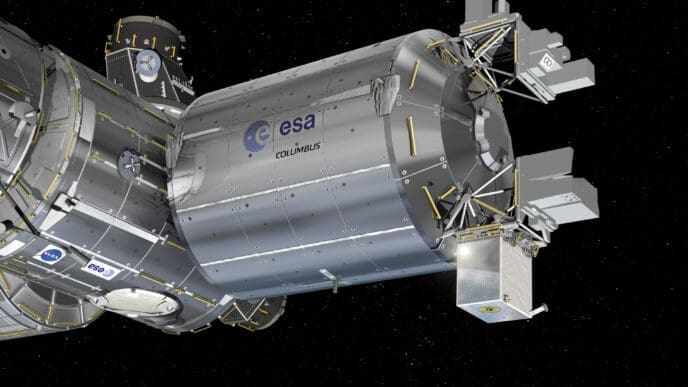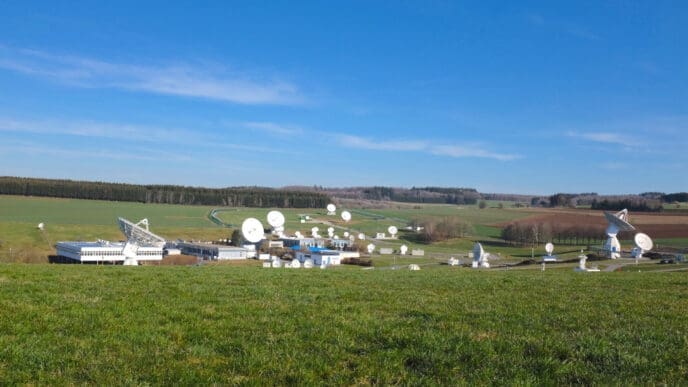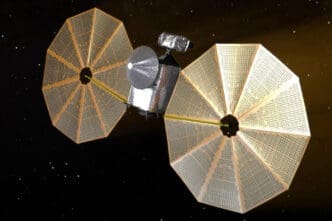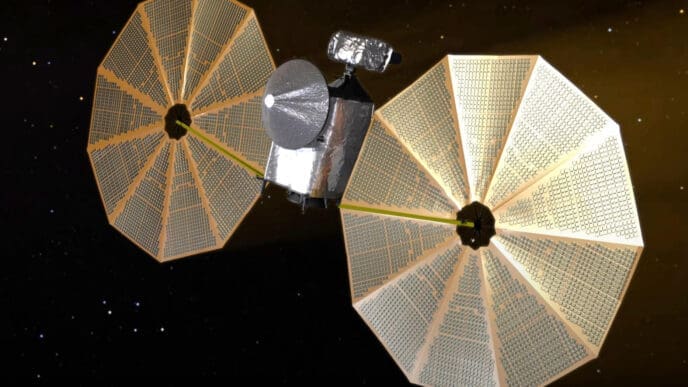The British government is taking steps to shape future regulations for in-orbit servicing ventures. By allocating £690,000, equivalent to $869,000, to companies engaged in rendezvous and proximity operations (RPO), the government aims to establish essential ground rules for these activities.
Astroscale’s British subsidiary, along with Switzerland’s ClearSpace and Italy’s D-Orbit, is leading the charge in this initial ‘regulatory sandbox’ phase that will conclude in March. This phase will produce a report focused on space debris removal, satellite refueling, and other RPO missions, proposing how these missions can be effectively regulated and licensed.
The UK’s position is strong, with claims that it could capture up to a quarter of the burgeoning in-orbit servicing and manufacturing market. However, as noted by Andrew Faiola, Astroscale’s vice president, a more streamlined licensing process is crucial for a vibrant commercial market. For instance, while the UK allowed Astroscale to test debris removal capabilities in 2021, current licensing approaches are slow and inconsistent.
The planned regulatory framework is expected to give investors and potential customers more clarity about the in-orbit services market. This is particularly important considering projections that thousands of satellites will launch in the coming years. Without standardized regulations, the increasing number of license requests could overwhelm regulatory bodies.
In addition, the consortium will work closely with the British government and regulators like the Civil Aviation Authority to navigate bottlenecks and address regulatory uncertainties. This collaborative effort aims to set a precedent that might be replicated by other administrations globally, enhancing the regulatory landscape for international RPO activities.
Astroscale is also working to secure UK approval for a mission to de-orbit a OneWeb satellite by 2026 under its ELSA-M program. The company intends to launch commercial debris-cleaning operations following their demonstration mission, although they have yet to announce specific clients.
There’s growing competition in the sector, with ClearSpace vying for a UK mission to remove two spacecraft from low Earth orbit alongside Astroscale. The Swiss firm is also tasked with removing a satellite for the European Space Agency after adjusting previous plans. Meanwhile, D-Orbit is preparing for its entry into geostationary satellite servicing, projected for 2027-2028. These developments place them among companies like Northrop Grumman’s SpaceLogistics, which has already demonstrated in-orbit servicing viability.
Efforts to develop a robust regulatory framework for in-orbit servicing are gaining traction in the UK. By establishing clear guidelines and working with stakeholders, the UK aims to solidify its position in the global space market while facilitating safer and more efficient in-orbit operations.
Source: Spacenews



